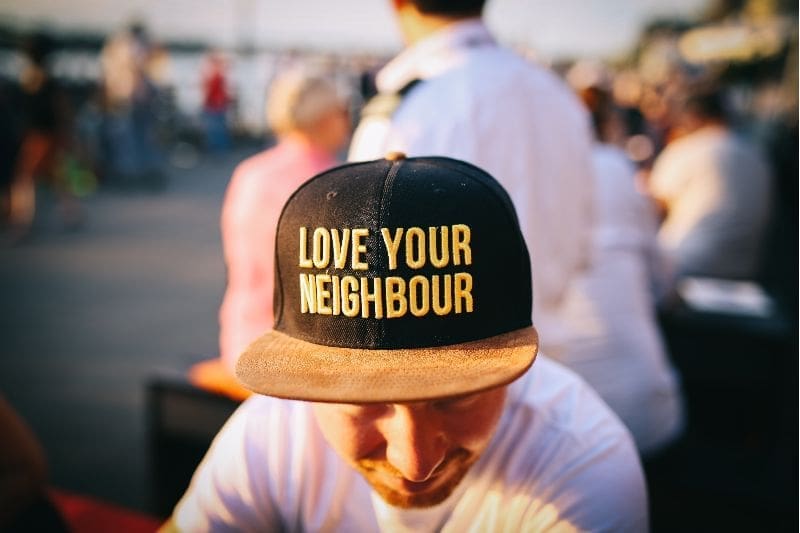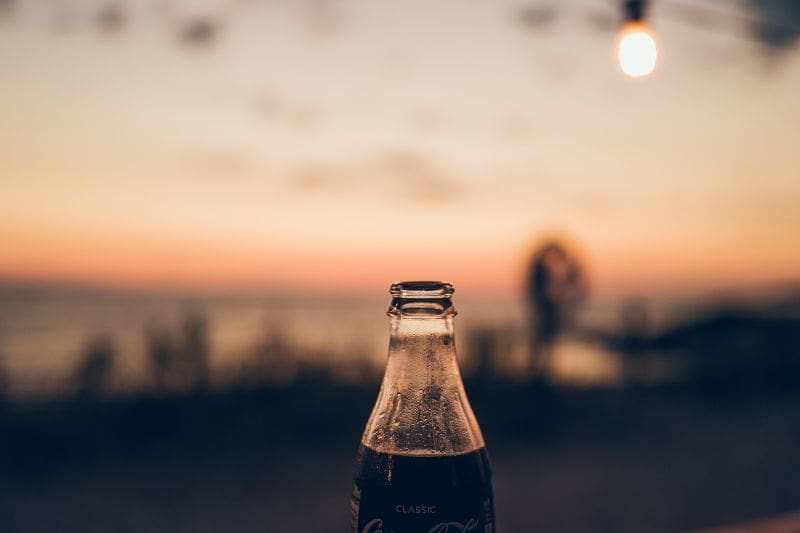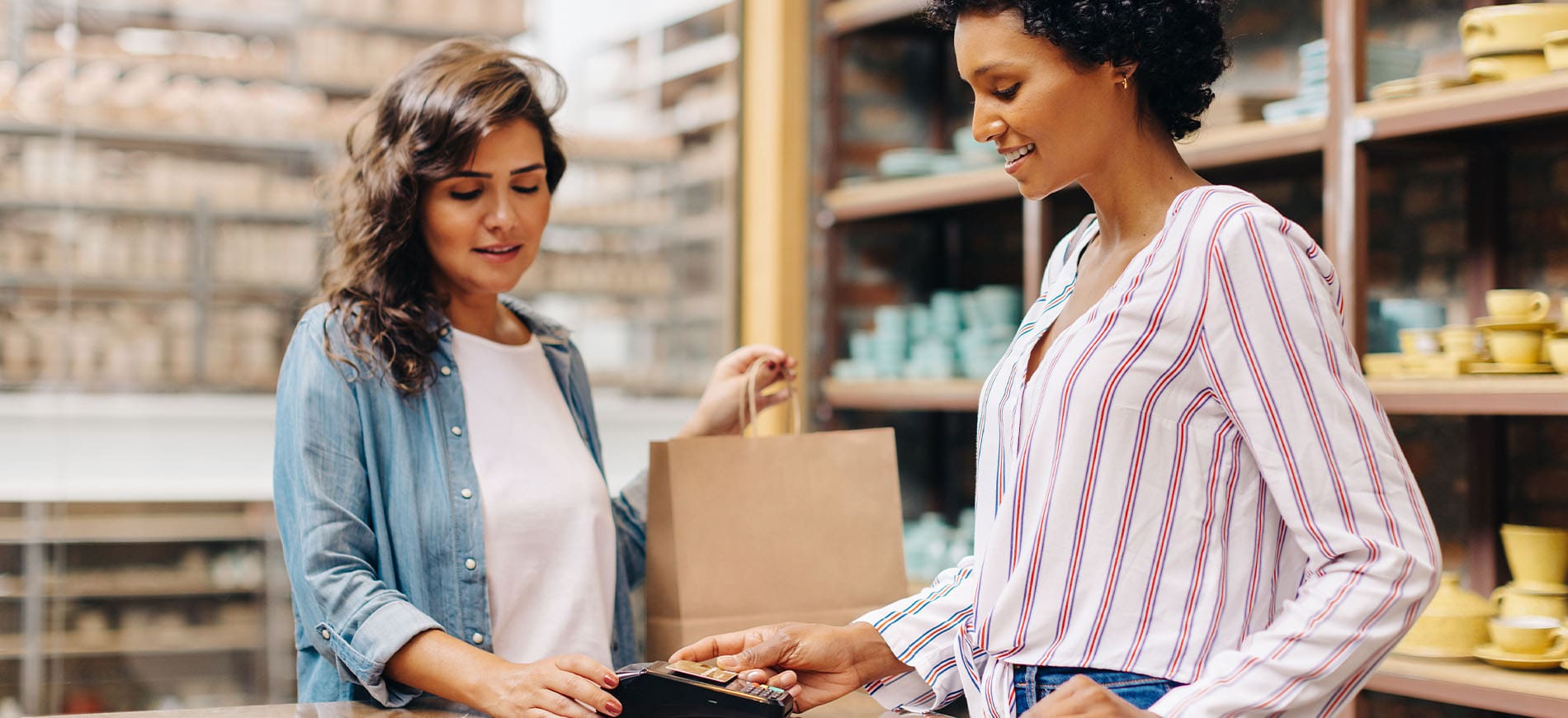In 2019, Mintel identified ‘Social Isolation’ as a key Consumer Trend for the year ahead. As with much of the consumer landscape, the COVID-19 pandemic has caused an acceleration in certain behaviours and a shift in priorities.
With the lives of many consumers fundamentally altered, we are seeing how concepts of community, connectivity and interaction are becoming more important than ever before, as consumers across all cultures, ages and social groups deal with rising feelings of loneliness. In light of this, I explore what the implications for brands are and what brands could do to support consumers throughout this difficult time.
The new landscape
During the pandemic, community is fundamentally changing – brands need to support online connections but tread with sensitivity and care, and not use this support as a platform for selling. With online shopping a necessity for many, brands are adopting a different tone in customer service interactions. Because now they cannot encourage people to leave their homes, they are looking to make their remote interactions as human as possible.
More than ever, brands can help provide support – they need to position themselves as facilitators, as providers of information on where to find support and not as the solution. As lockdown conditions ease, people will need support re-engaging (or engaging for the first time) with their physical communities and going about what had previously been common, day-to-day chores.
How brands are responding
The new consumer landscape is creating opportunities for brands to connect in new ways.
Celebrating success: Cadbury and Ogilvy India have launched a video celebrating consumer milestones in lockdown.
Source: YouTube/CadburyDairyMilkIn
Encouraging support: Hyperlocal social network Nextdoor and Walmart have partnered to launch a program called Neighbors Helping Neighbors.
The feature will be located in the groups tab of the app and local Walmart stores will be pinned to the top of the page. Within the messaging board individuals can message to a group feed if they are in need of assistance or if they are available for helping others.
Source: Unsplash
Un-advertising: Coca-Cola Philippines has diverted its advertising budget to efforts in support of the COVID-19 response and relief work.
Source: Unsplash
The funds will be used to provide beverages and personal protective equipment to health workers and to deliver food packs to families most vulnerable to the pandemic. Coca-Cola has also expanded credit terms as a form of support to distribution partners serving independent stores and small-scale eateries.
Building communities online: Nike and ukactive Kids have teamed up to engage children with activity during lockdown.
Source: Unsplash
Move Crew members receive a weekly theme for their Move Mission. The content, aimed at 7-12 year olds, is available on ukactive’s website and the Move Crew YouTube channel.
Implications for brands
Changing language: Consumers are being exposed to, and using, new terms or repurposed existing terms – isolation, distancing, quarantine and more. This new language will not disappear, but brands that can keep on top of how it will develop can benefit from engaging with consumers on a deeper level. As initial uncertainty gives way to understanding and fear, and then moves to acceptance, boredom, and expectation, it is important for brands to adjust language accordingly.
Mental health impact: The pressures of the pandemic are manifold – the negative impact of working at home, coupled with uncertainty, fear, grief and global division, will be hugely detrimental to the mental health of many people. As the pandemic eases, symptoms of PTSD will emerge across populations – brands need to maintain a careful, caring approach. We have seen retailers previously making changes to support specific consumers and this is something that could become a temporary norm as people become used to public interactions again.
Changing relationships: Normality has shifted, impacting how we shop, exercise, communicate, work and more. Consumers will push back against a top-down relationship with brands. Instead, they will crave equality and transparency – and as social distancing continues, brands are well positioned to fill some of the gaps that people feel.
What we think
Isolation has shifted from a social epidemic to a social norm, with individual consumers adapting to life in isolation day by day and at different speeds. As lockdown restrictions change (both easing and being reinstated) across the world, consumers need support and clarity to help them understand what’s changing now and what’s next.
Longer term, we will see a shift in perceptions as people gain new understanding of how inflexible restrictions impact their lives. It is essential, then, that those who remain isolated – physically, emotionally, mentally – after the pandemic passes are not neglected and brands can tap into community spirit and support.
The pandemic has highlighted significant differences in how different countries have reacted, creating positive and negative associations with positions of power. Those consumers who feel a lack of clarity has existed during the crisis will be more demanding than ever that transparency is central to communication.







































